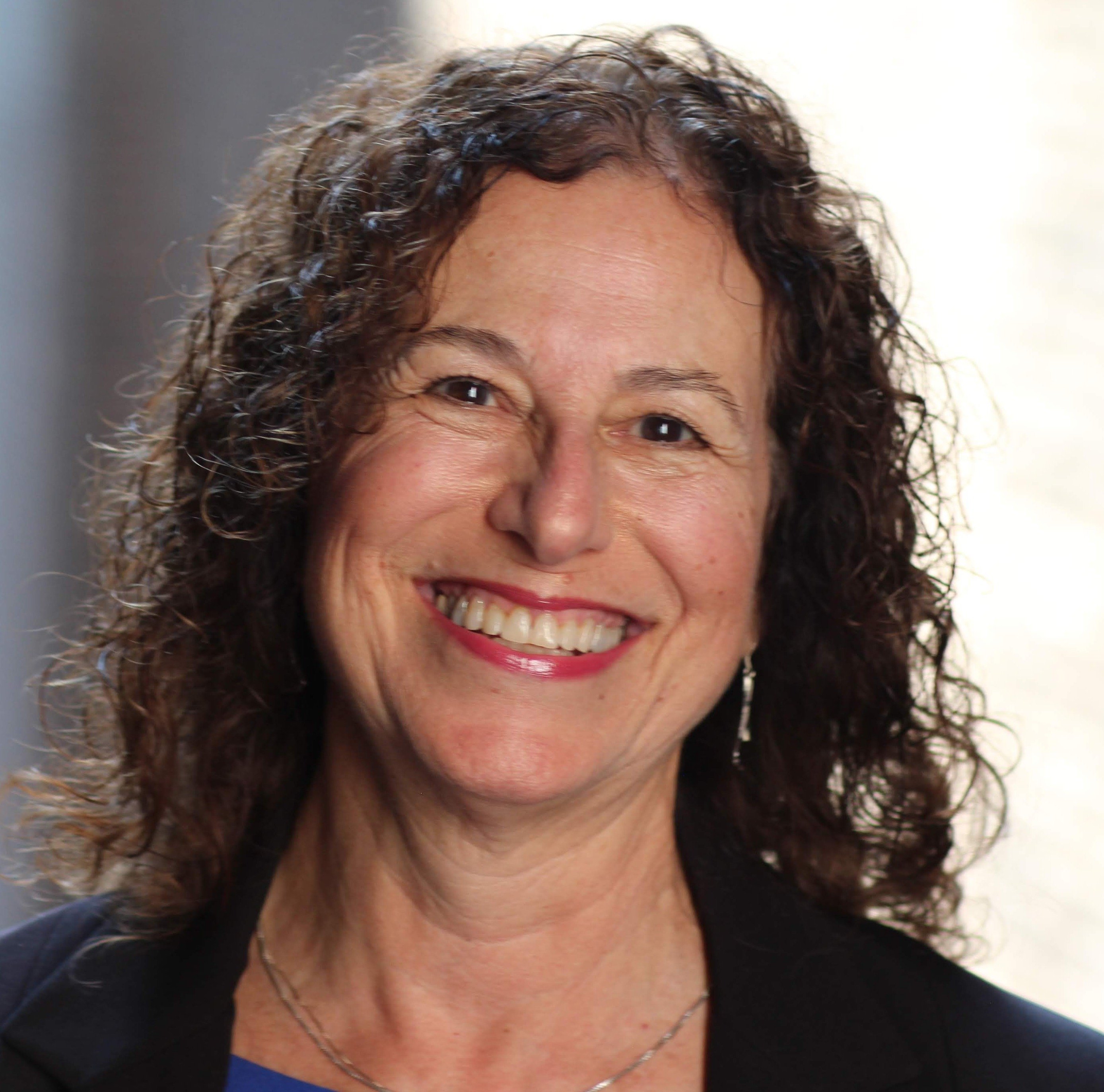
It seems to be human nature to stick with what is familiar and comfortable. This is often the case even when the familiar—be it a system or a thing—is not serving us well: "Better the devil you know." For a little while, this was true of Leadership's curriculum writing approach.
When I took over the design and development of our curricula, we had a successful system in place for writing curriculum: tried and true for almost 20 years. It was a system I had participated in as one of the writer/editor/idea-generators for several of our programs. Briefly, the system was:
- Determine the need for/objective of the new program
- Schedule curriculum creation during the summer months, when the team needed is not busy implementing programs
- Gather a team of 6-10 writers with experience in the topic area
- Spend 8 to 10 weeks writing, reviewing, and revising lessons
- Have a draft curriculum completed by back-to-school time in the fall.
For quite some time this methodology worked beautifully, led by our current Senior VP of Leadership Development, Erika Petrelli. Under her guidance, Leadership developed a timeline for writing, created a rubric for lesson review and revision, and codified our existing lesson structure. Our Model Program Violence Prevention Project (VPP) is a prime product of this process.
Fast forward more than a decade, and a number of conditions are different. As we all come to acknowledge sooner or later, the only thing constant is change!
In the last few years, summer has become a busy programming season; some schools get to have our talented and dedicated staff providing services year round and we have a wonderful opportunity to establish stronger bonds with students and staff in our partner schools. With much of our staff implementing programs during the summer months, pulling together a team to work on a curriculum project for 8-to-10 weeks is a much more difficult proposition.
Given the circumstances, and the continuing need for new programs, it was absolutely necessary to revisit our curriculum writing methodology and find a solution to the lack-of-writing-team-availability problem.
What could be changed so that we could include top-notch writers who were also in demand for other services? With a diminished timeframe and team, what could we put in place to meet our high bar for effective programs with quality, engaging lessons?
Also, importantly, what could we and should we keep? We would deconstruct our curriculum writing methodology to find out. We wanted to be careful not to throw the baby out with the bath water!
The critical elements to keep were obvious: the writing rubric and the lesson structure. Both are key guidelines to producing effective curriculum. These frameworks assure that the curriculum we write, no matter the time we take, will meet our exacting standards for quality content.
Clearly, the primary change needed was scheduling. In an inspired moment I focused on the extraordinary creative work that has come out of our organization’s 3-day retreats. What if I took that model and tweaked it, devising a radical innovation for our curriculum writing?
And that is what I did: I invited potential writers to either of two curriculum retreats, emphasizing the short time commitment required, and the fulfilling aspects contributing to curriculum. These retreats were set up so that participants would spend 2 ½ days total on the project, including:
- a morning of orientation to our lesson writing process, as well as determination of lesson objectives and topic selection;
- an afternoon to write a first lesson draft, with support as needed;
- a full day together to review lesson drafts as a group, and brainstorm solutions to writing challenges;
- a half day at a writer’s-choice location, outdoors or indoors, for revising lesson drafts,
- and finished!
The innovated curriculum writing methodology proved wildly successful, resulting in 13 engaging and original curriculum lessons, and a team who sang praises of the process to other potential curriculum writers at Leadership, thereby doing initial recruitment for next summer’s team. Critically thinking outside the box made it possible to meet the changing needs of the very people who were poised to be the best writers, while it kept us on course to continue our curriculum creation.
Since the first two retreats, I have further innovated our methodology. Want to learn about our 1-day boot camp for experienced curriculum writers? Email me at Lucille@tlpnyc.com.



Comments [0]
Click here to read/write comments